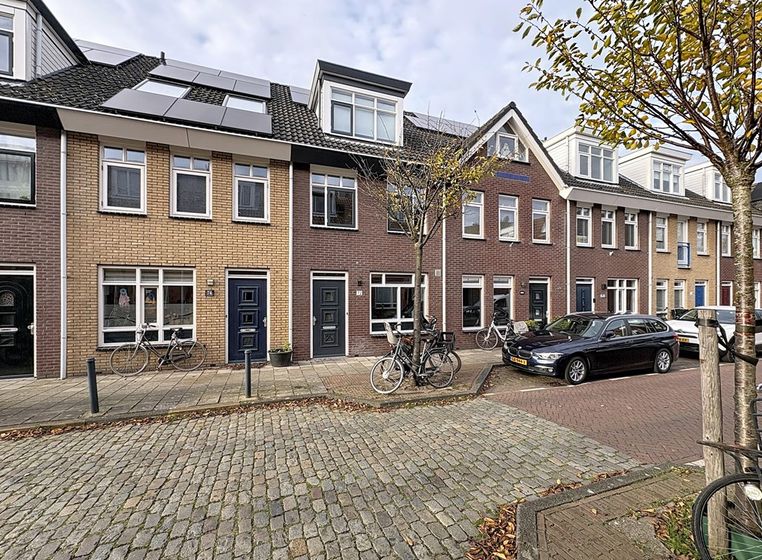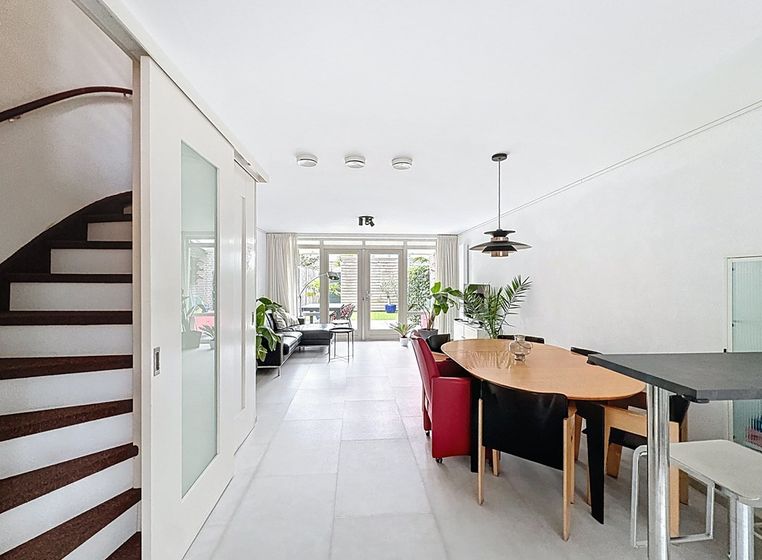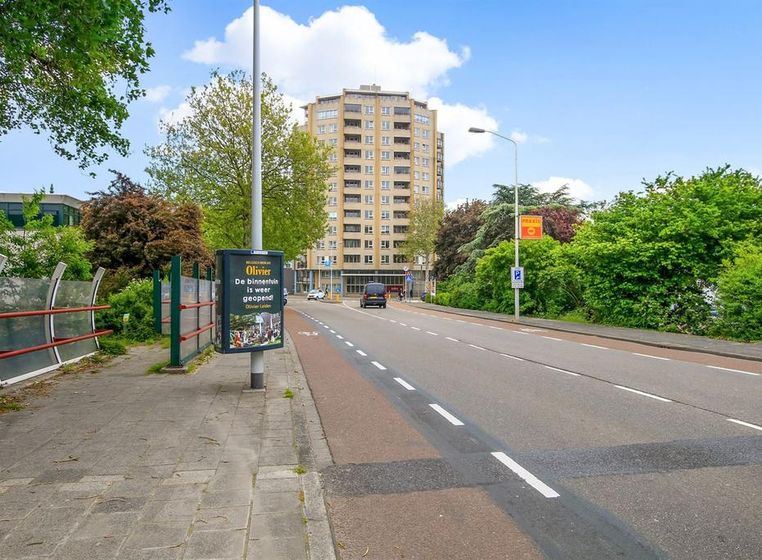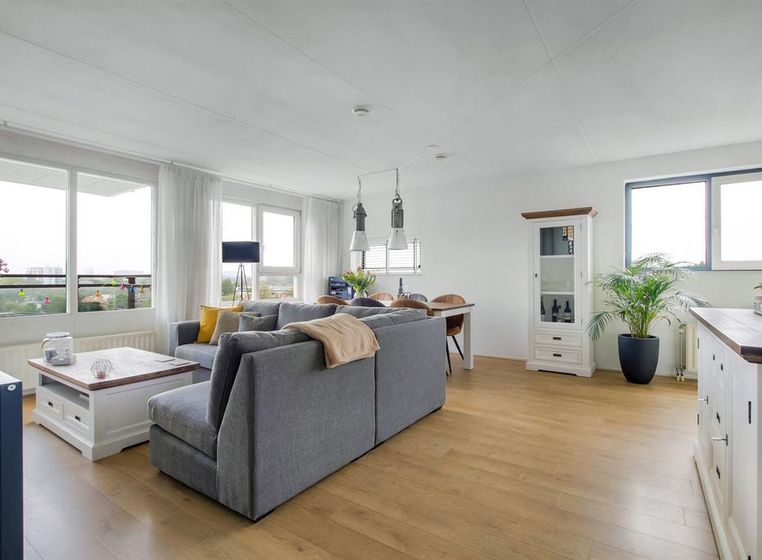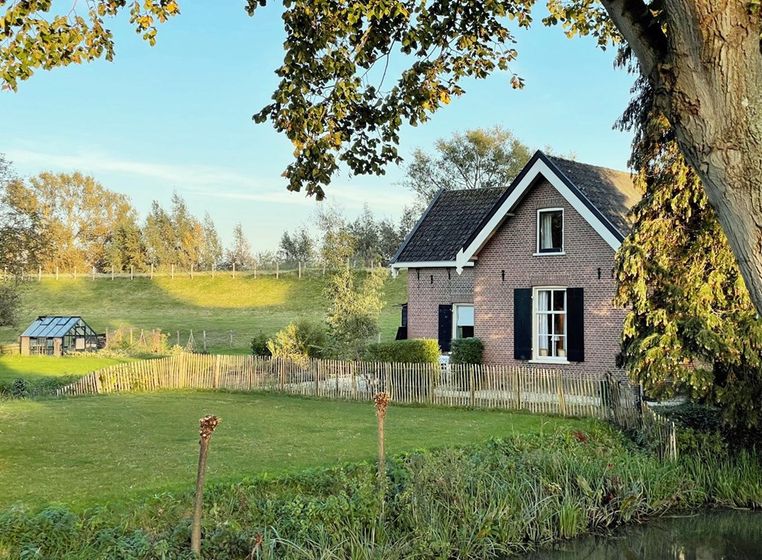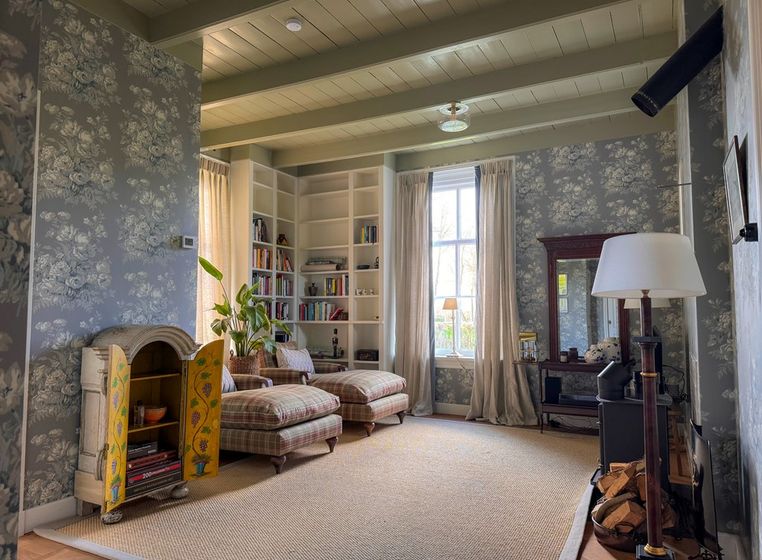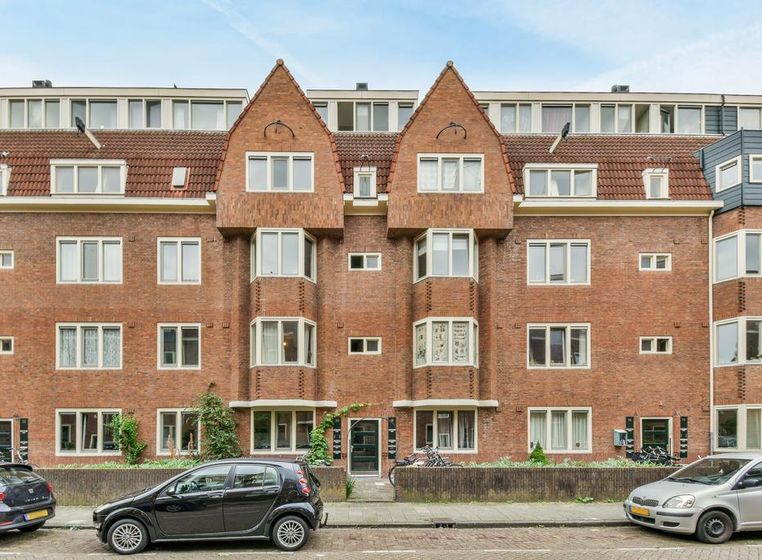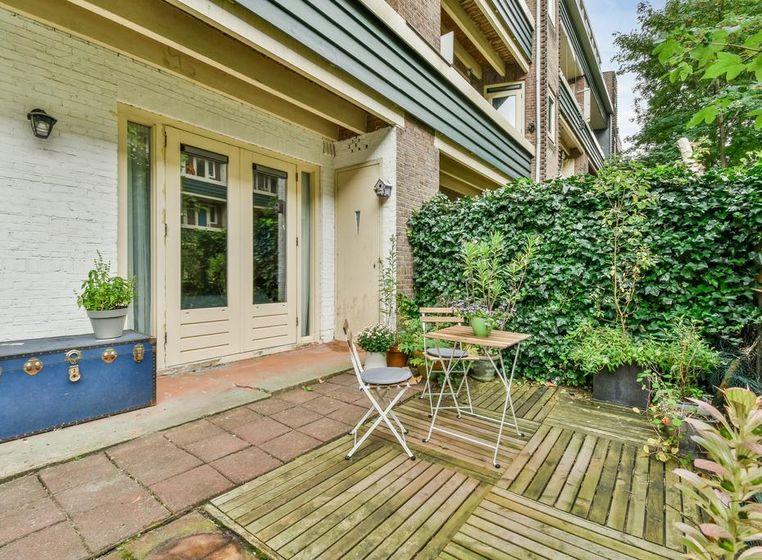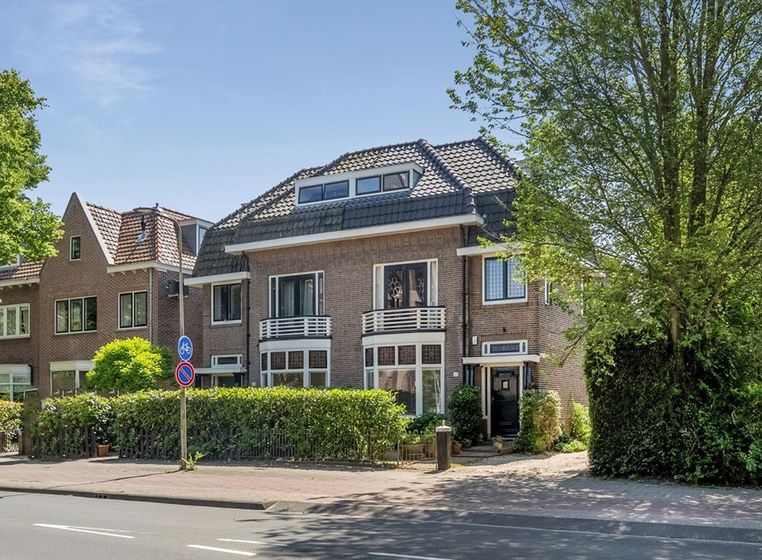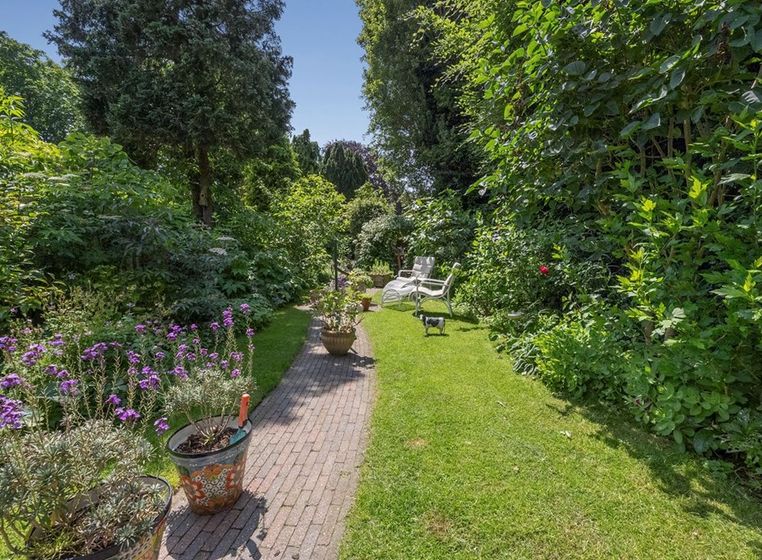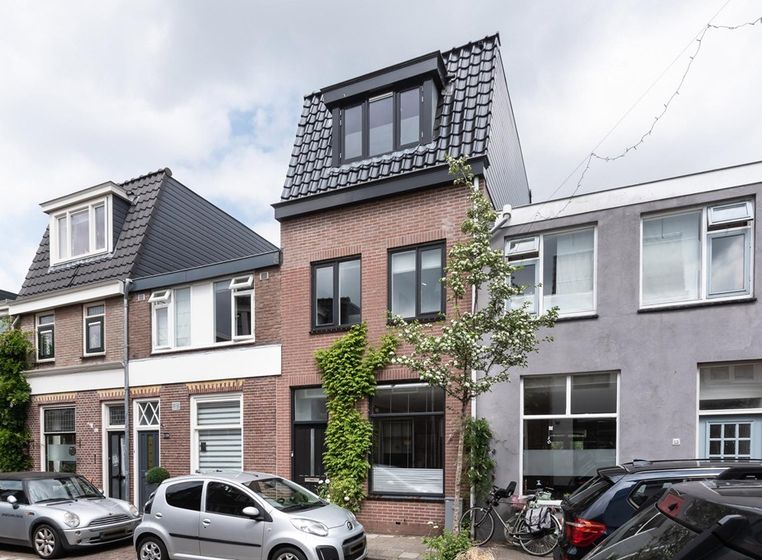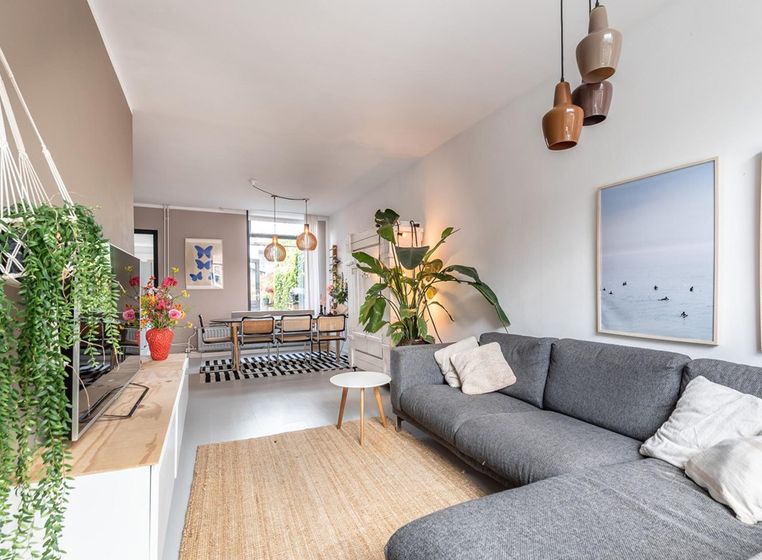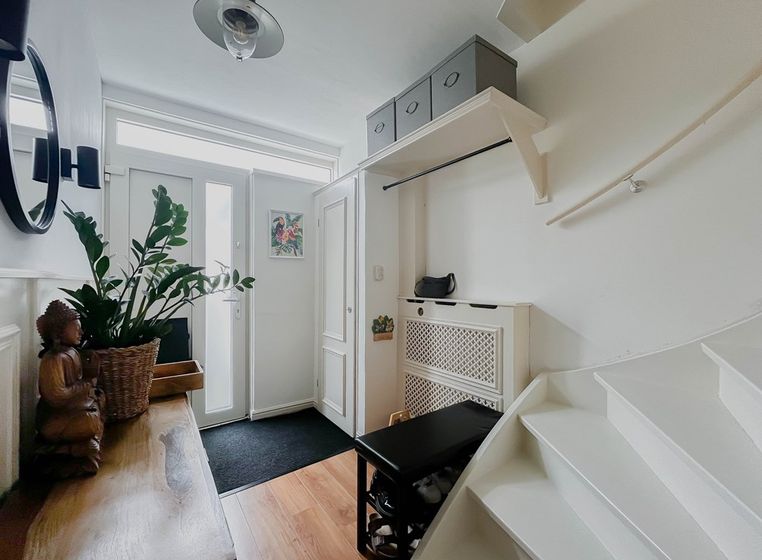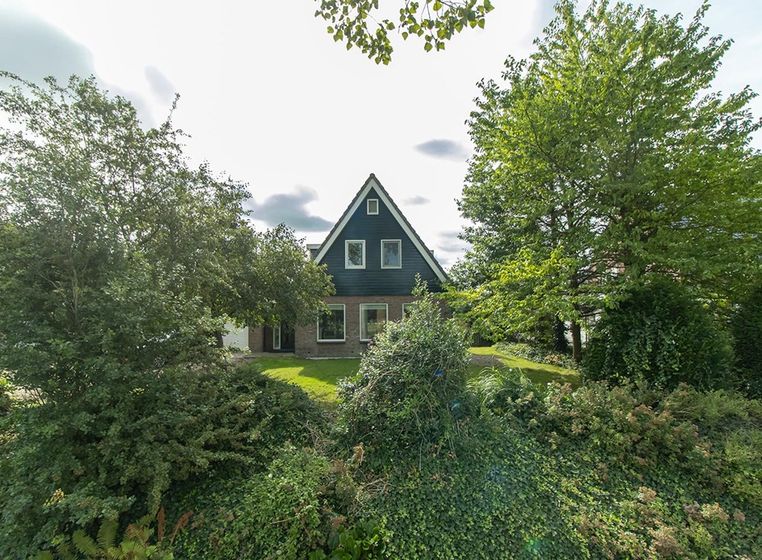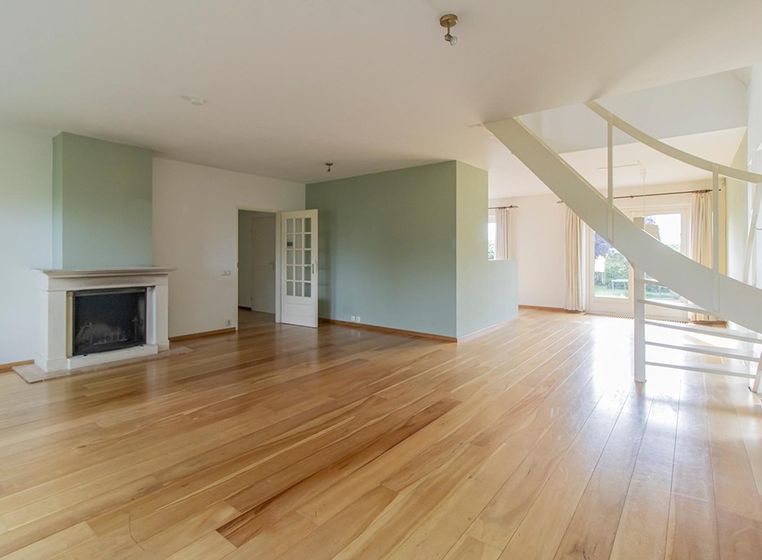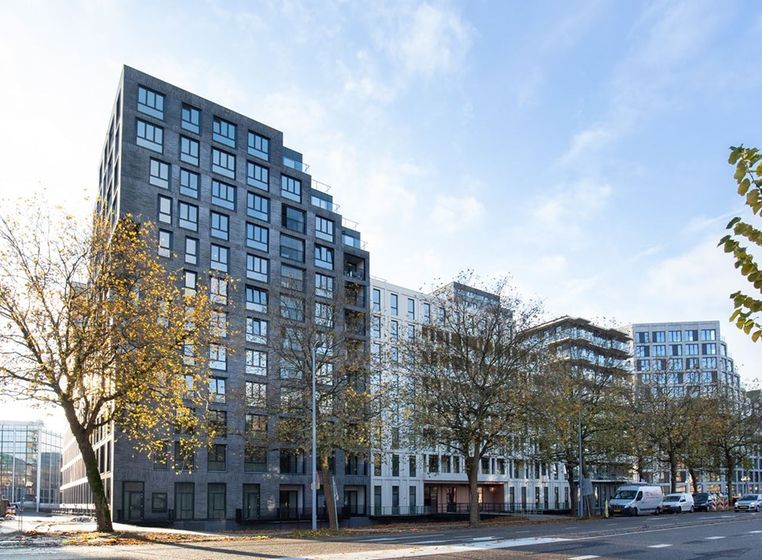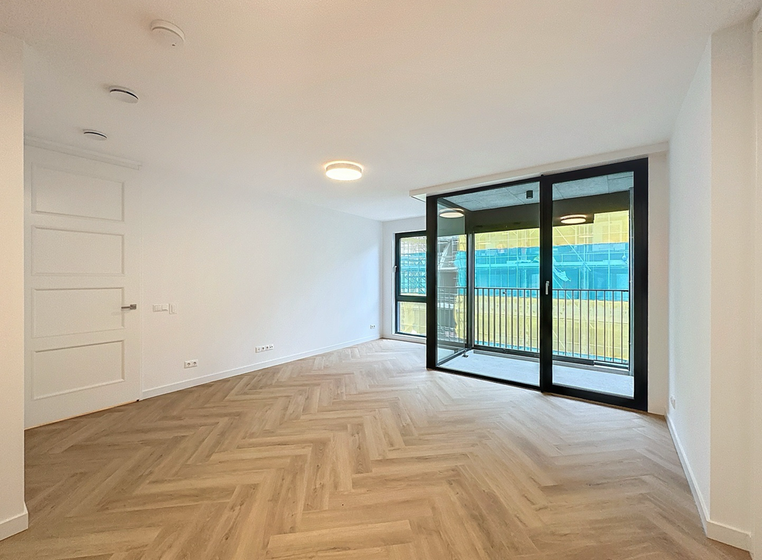Frequently asked questions
Here you will find the answers to frequently asked questions from other tenants we have had the pleasure of posting. Is your question not listed? Then do not hesitate to contact us.
- Will it cost me money to register for the search function at Koops Makelaardij?
No, this service is completely free of charge. It is an extra service we provide as an office. New rental properties will be sent to you by e-mail. If you are interested, please contact the relevant estate agency.
- Do I have to pay mediation fees if I rent a property through Koops Makelaardij?
No. Charging mediation fees is not permitted. The landlord is our client and pays for our services
- What costs should I take into account when renting a property?
When you rent a property, you should take into account the following costs: the deposit, which is equal to one or two months' rent and the first month's rent.
- How high is the deposit?
From July 2023, the deposit cannot exceed two months' rent. A deposit equal to two months is common but a deposit equal to one month is also possible. In the period before July 2023, the deposit was allowed to be equal to three months' rent
- To whom should I make the first payment?
Usually, the first payment is made to Koops Makelaardij, for which the tenant receives an invoice. Subsequent rental payments will be made directly to the landlord or property manager. Further details on this such as the correct bank details can be found in the tenancy agreement.
- When does the tenant take delivery of the keys?
The keys are handed over at a time to be determined together. Usually, the keys are handed over on the first day the tenancy agreement starts. Payment of the deposit and first rent payment must be made before the keys are handed over.
- How does a key transfer work?
A Koops Makelaardij employee will be present during the check-in procedure. During this inspection, the property is thoroughly assessed, often reinforced with a digital photo report. The condition of the house is accurately recorded and any defects are noted. The meter readings are also noted. Both parties, the tenant and the landlord, sign the report.
- Why is the rent divided?
The landlord should clearly indicate what the rent consists of. Splitting the charges provides benefits to both the tenant and the landlord. It gives both parties an accurate understanding of how the rent can be adjusted if costs are split. The rent usually consists of the following components; bare rent, an amount for supplies and services and, if necessary, an advance payment for delivery of gas, water and electricity.
- What are additional supplies and services?
Supplies and services may include the following items; depreciation of upholstery, depreciation of appliances, cleaning, window cleaning and garden maintenance.
- Who pays municipal charges and taxes?
As a tenant of an property, you are the user of the property. This means you have to pay certain taxes yourself, such as waste collection and sewerage charges. Other taxes, such as Property Tax (OZB), are paid by the landlord. Since 2006, a landlord is no longer allowed to pass on these costs to the tenant.
- What rent can a landlord charge for a rental property?
For a free-sector house, there is no maximum rent. A market-level rent is often used.
- Can I have the rent reviewed by the Rent Commission?
A tenant may ask the Rent Commission to review the rent within the first six months of the lease. You can also ask the landlord to reduce the rent; he does not have to cooperate.
- Who is liable for damage in my property?
A landlord should ensure that the property is habitable without major defects such as leaks. A tenant is responsible for daily and minor maintenance.
- What are examples of major maintenance?
Examples of major maintenance include exterior painting, maintaining and replacing central heating system, maintaining and repairing ventilation ducts, replacing gutters, replacing single glazing to double glazing, replacing window frames, landscaping.
- What are examples of minor maintenance?
You can find examples of minor maintenance on the Koops Property Management website or on the central government website.
- What insurances should I take out when renting a property?
The two most important insurances are contents insurance and liability insurance. With contents insurance, you insure the things in your rental property. It covers theft, fire or water damage. Please note that this insurance only covers your own belongings and not those that are already in the house and belong to the landlord. Liability insurance covers damage accidentally caused by you, your family members or pets to others.
- Can a tenant make changes to a rental property?
The answer to this is clear, in principle a tenant is not allowed to change anything that cannot easily be returned to its original state. This is because a tenant is obliged to leave the property in the same condition as when they moved in, as described in the inspection report.
- What to do in case of emergencies in my rental property?
For urgent matters, we ask a tenant to contact the landlord or property manager immediately. Serious emergencies include leaks, rotten roof construction, power failure or subsiding foundations.
- What to do in case of noise nuisance?
Try to solve it together. If your neighbours are causing a nuisance, such as noise nuisance, it is advisable to first agree on a solution together. Often, the person causing the nuisance is unaware of it. If this does not help, you can make a report to your landlord, manager, municipality or the Owners' Association (VvE).
- How should I terminate my rent?
By law, you must terminate a tenancy agreement by registered letter. This way, you obtain proof of dispatch and receipt. You can use our sample letter for terminating the rent. It is not required to state a reason for the termination. If a tenant gives notice via e-mail or regular mail and the landlord acknowledges receipt of this notice, this is also considered a valid notice under the law. The notice period in most cases is one calendar month.
- Can I use the security deposit as the last month's rent?
No. The deposit is not meant to be set off against the last month's rent.
- How much time does the landlord have to repay the deposit?
The landlord must refund the deposit to a tenant within 14 days after the end of the lease.
- What may the landlord offset against the security deposit?
A security deposit is an amount that can cover any damage caused by the tenant at the end of the lease. This means that if you cause damage to the rental property, the landlord can retain the security deposit to pay for any repairs. Examples of items that may be offset against a deposit are; damage to the property that is the tenant's responsibility, rent arrears and overdue service charges.
